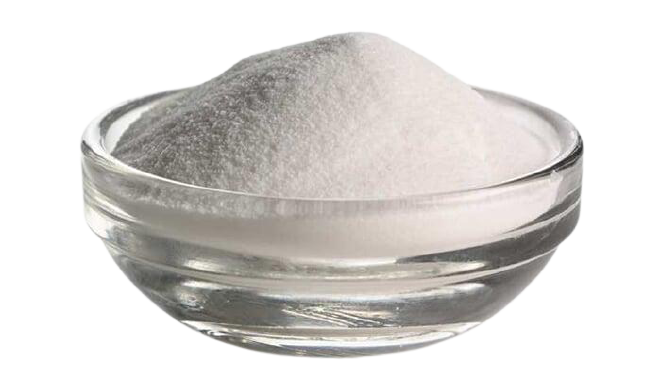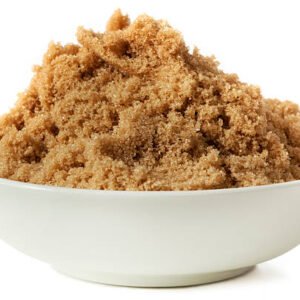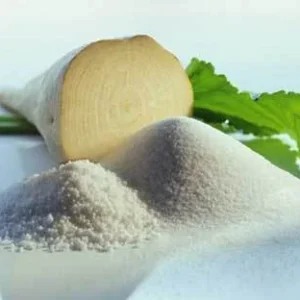Description
Specifications
| SPECIFICATIONS | STANDARD | |
|---|---|---|
| Appearance | White Granular or Powder | |
| Assay (on a dry basis) | 98.00%-102.00% | |
| Taste | Pure | |
| Specific Rotation | +14.50°~+16.50° | |
| Transmittance | 95.0% min | |
| Arsenic (As) | 3ppm max | |
| Loss on Drying | 4.50% max | |
| Residue on Ignition | 0.20% max | |
| L-a-Asparty-L-Phenylalanine | 0.25% max | |
| pH | 4.50-6.00 | |
| L-Phenylalanine | 0.50% max | |
| Heavy Metal (Pb) | 10ppm max | |
| Conductivity | 30 max | |
| 5-Benzyl-3,6-dioxo-2-piperazine Acetic Acid | 1.5% max | |
| Other Related Substances | 2.0% max | |
| Fluorid (ppm) | 10 max | |
| pH Value | 3.5-4.5 |
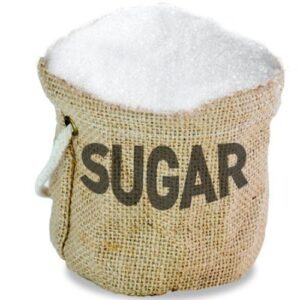
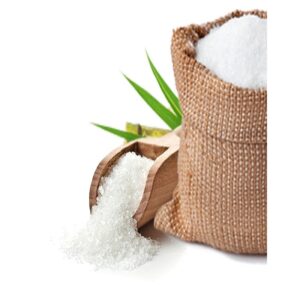
End-to-End Logistics:
Leveraging our extensive experience exporting Brazilian sugar, we handle freight forwarding, customs clearance, cargo insurance, and final delivery coordination to your facility.
Contact us today to discuss your wholesale ICUMSA 100 volume requirements. With our Brazil trading expertise, we have the connections to reliably procure and deliver the high-purity sugar your business demands.
Our key shipping documents related to inspection typically required for an international sugar shipment:
- Inspection Certificate – Issued by an accredited inspector like SGS or Intertek certifying the quality, quantity, and weight of the sugar matches contractual specifications.
- Weight Certificate – Official document stating the total net and gross weight of the cargo as measured at the load port. Used for freight costing.
- Packing List – List of all contents in the shipment with details like package count, type and markings. Ensures accuracy.
- Certificate of Origin – Declares where the product was manufactured and confirms country of origin. Required for customs.
- Phytosanitary Certificate – For food products, verifies the shipment is free of harmful pests and plant diseases.
- Fumigation Certificate – Confirms the cargo has been fumigated if required.
- Food Safety Certificates – Documents like HACCP, GMP, ISO 22000 providing food safety assurance.
- Laboratory Analysis Report – Independent lab test results verifying contractual quality parameters.
- Bill of Lading – Legal document between shipper and carrier listing goods being transported. Serves as title.
- Commercial Invoice – Detailed list of goods sent and associated costs. Used for customs valuation.
Reviewing all required documentation for accuracy and completeness ensures the sugar cargo meets quality standards and avoids customs clearance delays. Let me know if you need any clarification on these common inspection documents.

